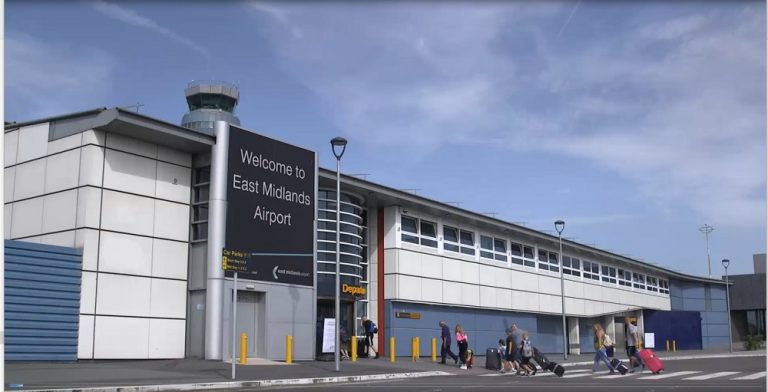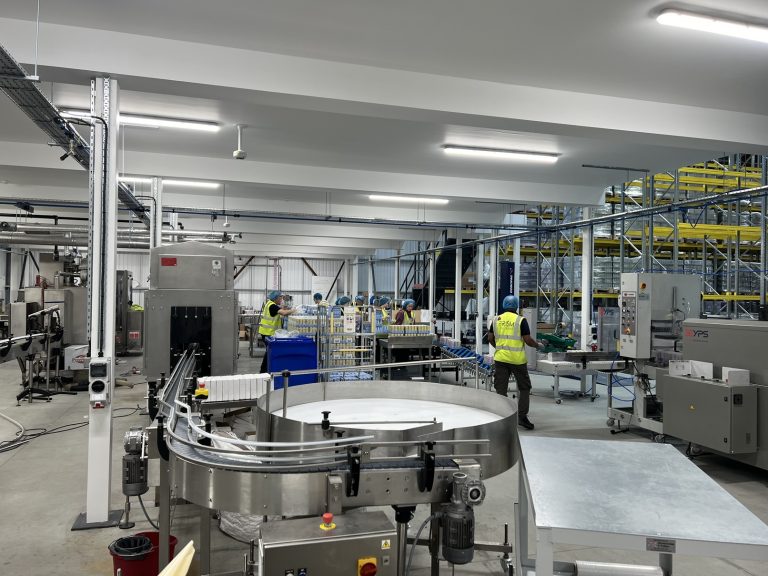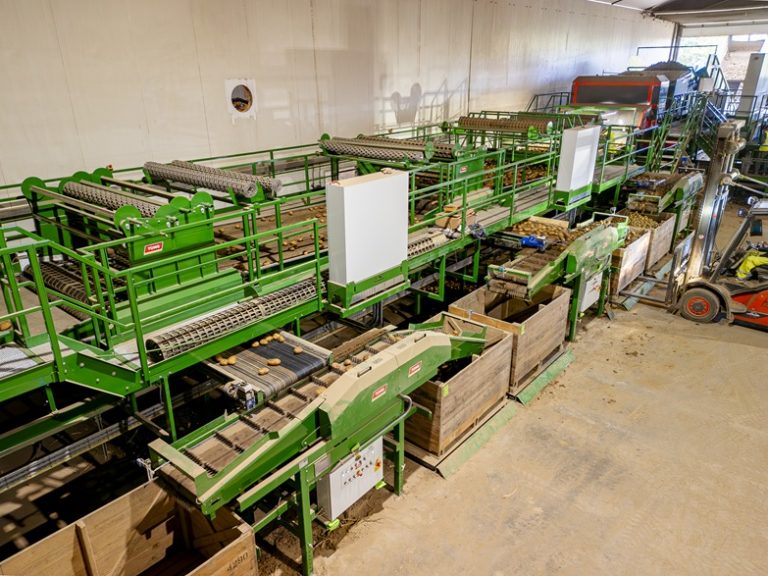UK business confidence dropped sharply in the first quarter of the year, driven by rising tax burdens and growing concern over new US tariffs, according to new data from the Institute of Chartered Accountants in England and Wales (ICAEW).
The ICAEW Business Confidence Monitor recorded a reading of -3, the weakest level since the final quarter of 2022 and a marked decline from the previous score of 0.2. The fall reflects growing pessimism among UK firms, particularly over increased costs and the global trade outlook.
More than half of surveyed businesses cited tax as a key challenge, with 56% highlighting it as a growing pressure—an all-time high for the index. The April rise in employer National Insurance contributions added to financial strain, alongside increases in energy bills and the national minimum wage.
The introduction of new US tariffs has also heightened trade uncertainty. Although initially announced as sweeping reciprocal measures, the tariffs were scaled back to a 10% baseline for most countries, including the UK. Nonetheless, the policy shift has added to concerns around global trade costs.
Companies also reported weaker expectations for domestic sales growth this year, forecasting the slowest pace since late 2022. This is despite a modest uptick in sales during the first quarter.
The Office for National Statistics (ONS) GDP figures showed an unexpected 0.5% rise in February, following a flat January. However, the broader economic environment remains fragile.
The ICAEW noted that businesses are holding back on hiring and training investment to cope with sustained cost pressures, a move likely to impact productivity in the months ahead. The next ONS labour market update is expected on Tuesday, followed by new inflation data on Wednesday.











